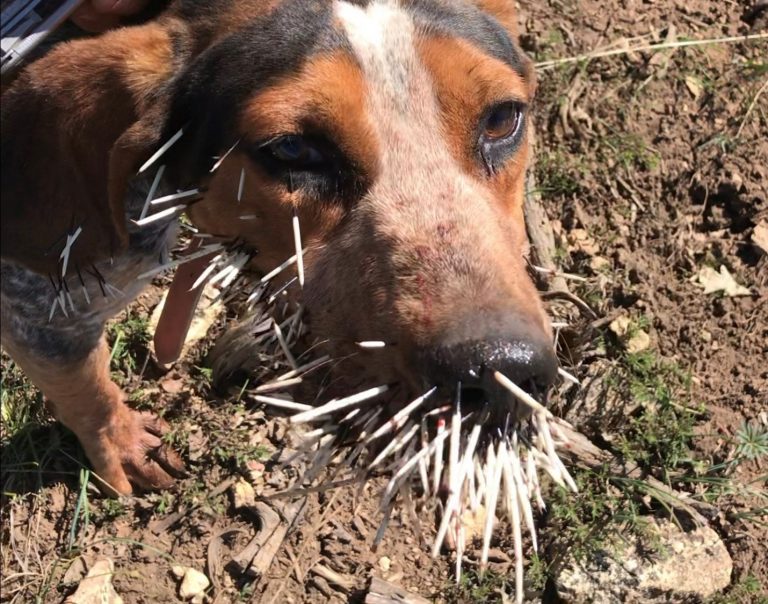I'll be the first to admit that I struggle with this. I’ve been sure I was walking into a bear bay up several times to get there and see a bull elk backed up against a tree. It is something that I have struggled with since my first hound. It's very easy to assume the best about your dog and very difficult to see their faults at times. The fact of the matter is that they are just dogs, and are prone to mistakes and relapse just like humans are. I offer a few tips that have helped me as I learn more about this topic. I hunt quite often from the back of a horse or mule so it's important to be able to tell when your hounds are being true or if they may be chasing off game. If they get out of reach chasing trash while you are on a mount, your day of hunting is as good as over. Obviously the best way to tell what your dogs are chasing is to get down right where they struck or trailed and hunt for tracks. These tips are more geared towards times or conditions that dont allow for this, the ground being too hard, lots of vegetation, ect.
First, I feel it's important to know the kind of terrain I hunt because I know there will be different factors in every part of the country. I hunt steep, ledgy mountains with deep canyons that are often surrounded by rolling plateaus with more open vegetation on them. Generally speaking, bears and mountain lions tend to stick close to the rougher country although they will venture out onto the plateaus because this is where the game/food is found.
Hunting in similar terrain often enough you will begin to notice patterns that the game you pursue will take. Most bears and lions once jumped will head off of the more open plateaus and into the steep, rugged canyons to try to lose the dogs. If my dogs are running at a good speed but won’t head off into rougher country, chances are it's not what I want to be chasing. Please note that this isn’t always the case and it would be up to you to determine what the game in your area is more likely to do and act accordingly. I have spent more days than I am proud of listening to my dogs circle around me running hard and convincing myself it was a bear only to have a deer come crashing through the brush ahead of them. All of these days were on these rolling plateaus where my first instinct told me that if it was a bear it would have dove off into a canyon by now. Take note of the game you are after and their common patterns while being chased, and pretty soon you'll be able to tell by the way your dogs are running what kind of game they are running.
Second and probably more importantly is to know your dogs. Spend time around them, watch their mannerisms in certain situations and on certain scents. If you spend more time watching their actions while free casting, pretty soon you will be able to tell if they are starting good or bad game. One of my better dogs is a bluetick/walker dog named Bonnie. She was gamey from the time she was a small puppy and would willingly chase anything she could. At first I didn’t want to dampen her spirits so I let her get away with anything for the most part. Only after she had seen a pile of good game I began to break her off of bad game. She became fairly reliable but on occasions after a long day of hunting and not finding anything to run occasionally she would try to bump a little trash. The first several times it happened I let her go thinking that we had passed so much trash all day that there is no way she would be chasing off game now.
Eventually paying close attention, I began to notice a differnt bark when she was starting trash. It was not very noticeable at first, but by paying close attention, It became obvious to me when she strikes good game she had a distinct anger in her bark whereas with off game she sounds a lot less angry and it’s a very half hearted attempt. Using this pattern, I was able to correct this behavior over time and now she’s as honest as they come. This wouldn’t have been possible without spending a lot of time with her and paying close attention to her individual mannerisms.
There’s no perfect way to know all of the time but I believe when a hunter pays close attention to the patterns of the game pursued and also pay attention to their dog's individual mannerisms eventually they can find clues about when their dog is being honest or not.
Again, the best way is to get off of the mule or out of the truck and do your very best to find a track to confirm, This isn’t always possible so hopefully these suggestions and things I've learned on my dogs will help. You simply can not replace the quality time spent in the woods with your hounds.







